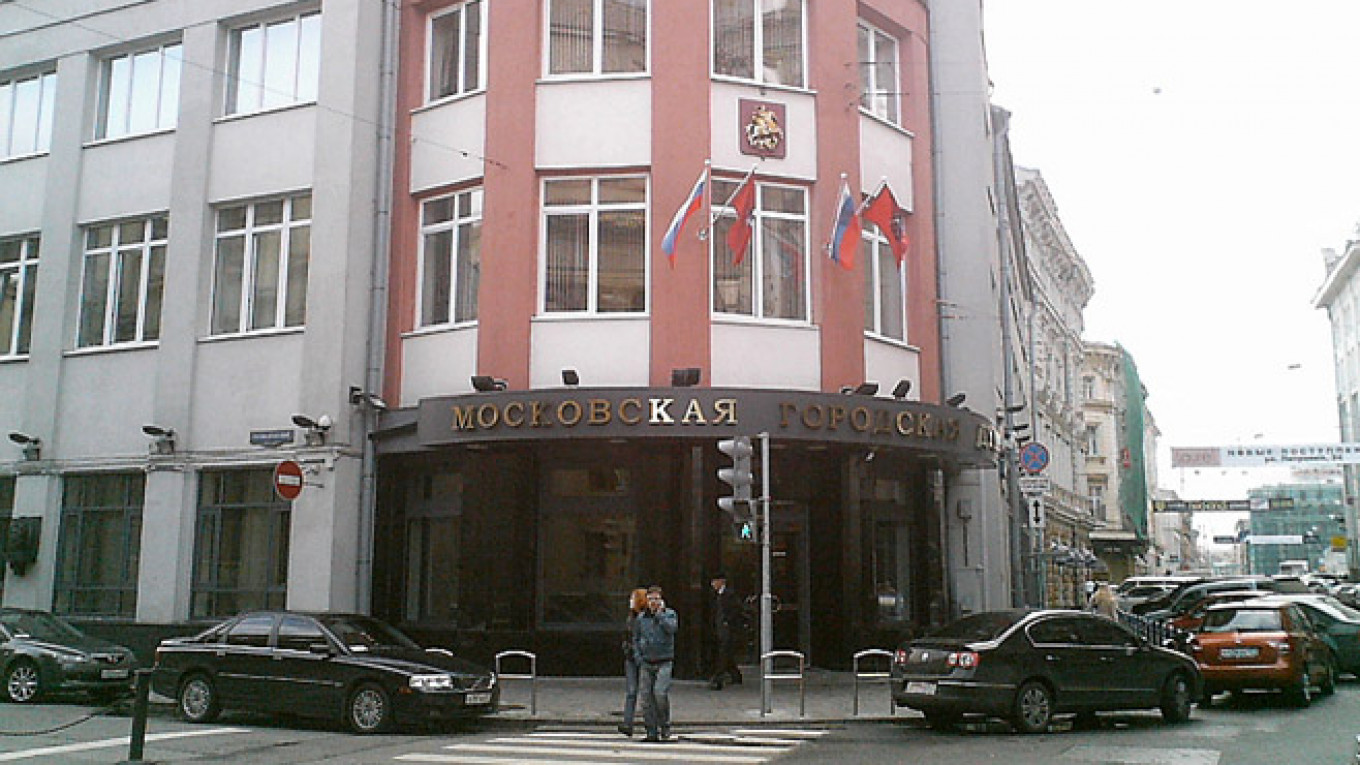More than 1,000 candidates participated in the Moscow City Duma's first ever nonbinding primaries on Sunday.
The results of Sunday's poll will have no effect on the Moscow City Duma election, which will be held on Sept. 14.
Muscovites were invited to cast their ballots in one of the city's 500 polling stations on Sunday. More than 700,000 ballots — a number that corresponds to about 10 percent of the city's electorate — were printed for the exercise.
By 2 p.m., more than 120,000 voters had already cast their ballots for the primaries, Interfax reported, citing organizers. Of those, over half had already registered to vote in the upcoming election.
The initiative's organizing committee told The Moscow Times that Sunday's primary election could help candidates adjust their platforms and assess their performance before taking part in the actual election. The exercise was optional, and candidates were under no obligation to participate.
Several public personalities were among the primary election's 1,033 candidates, including actor Leonid Yarmolnik, singer Nadezhda Babkina and political activist Maria Gaidar.
Nadezhda Golovkova, the chairperson of Moscow's Consumer Rights Protection Society, told The Moscow Times on Sunday that she decided to take part in the primary election's organizing committee in an effort to make the city's legislature more "citizen-friendly."
"Moscow City's Duma elections used to be based on a party list," Golovkova said. "The problems people encounter in their everyday lives cannot be solved by general party platforms. I support this initiative because it aims to make the City Duma more personalized and better adapted to citizens' needs and concerns."
The Moscow City Duma is currently composed of 35 deputies, 32 of whom belong to the leading United Russia party. In this year's election, Muscovites will not be voting for a party list but rather for individual candidates.
For Gaidar, who observed voting on Sunday, the exercise is not as transparent as its organizers and supporters claim.
"Some people who are voting now might not understand that these are not the real elections," Gaidar told Dozhd television on Sunday. "The people who come to vote today might not show up for the real election. This is not an election. This is a political-technological process that cheats Muscovites."
The preliminary results of the primaries are expected to be released on Monday night. Forty-five deputies will be elected for five-year terms by a majority vote on Sept. 14.
Contact the author at g.tetraultfarber@imedia.ru
A Message from The Moscow Times:
Dear readers,
We are facing unprecedented challenges. Russia's Prosecutor General's Office has designated The Moscow Times as an "undesirable" organization, criminalizing our work and putting our staff at risk of prosecution. This follows our earlier unjust labeling as a "foreign agent."
These actions are direct attempts to silence independent journalism in Russia. The authorities claim our work "discredits the decisions of the Russian leadership." We see things differently: we strive to provide accurate, unbiased reporting on Russia.
We, the journalists of The Moscow Times, refuse to be silenced. But to continue our work, we need your help.
Your support, no matter how small, makes a world of difference. If you can, please support us monthly starting from just $2. It's quick to set up, and every contribution makes a significant impact.
By supporting The Moscow Times, you're defending open, independent journalism in the face of repression. Thank you for standing with us.
Remind me later.






